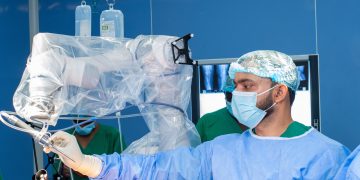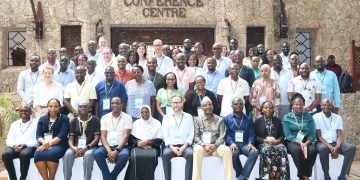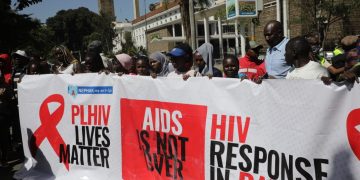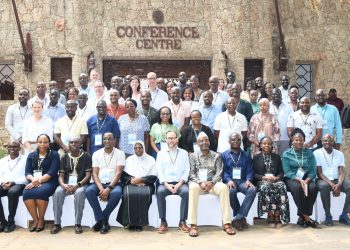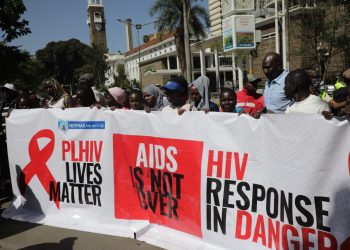By Eunice Mwathi
Save the Children has reported that a third of the children in nothern Kenya are suffering from acute malnutrition because of the drought, reduced fishing due to crocodile attacks, locusts decimating crops and reduced humanitarian support due to aid cuts.
According to save the children, 70 percent of residents in Turkana are not getting enough food and mothers are finding it hard to feed their children even one meal a day.
Sometimes they sleep hungry and other times they are forced to survive on wild fruits. This issue could worsen especially because of the cutting in aid funds.
“These days, the drought is serious and it’s not like before even the organisations who used to help us aren’t here,” Josephine a mother of four said.
“In the past, when there was drought, organisations used to help people. Now there’s drought again, but the organisations have stopped due to funding cuts.”
The food insecurity issues is projected to increase by 16 percent from the current 1.8 million people already experiencing it.
The counties likely to be affected more are Marsabit, Baringo, Mandera and Turkana.
Alice Oyuko Awour, the clinical manager with the Emergency Health Unit observed that alot of children, pregnant women and breastfeeding mothers are the one’s being affected more from hunger and malnutrition. She also added that the malnutrition level in Turkana is higher than the normal globe Acute Malnutrition rate of 15 percent.
Jib Pornpun Rabiltossaporn, Save the Children Country Director for Kenya and Madagascar explained that the main factor encouraging hunger is that majority of the residents depend on pastoralism and fishing for survival.
This has been affected highly by the locust infestation that has affected the vegetation cover which has affected grazing, and the climate change that has shifted the rising levels in Lake Turkana that has submerged fishing zones and increased the crocodile attacks. .
Save the children offered a solution by deploying its Emergency Health Unit to work with local teams and the Ministry of Health in July.
They have set up 25 health and nutrition outreach sites to offer services for both children and adults in the most at risk areas.


